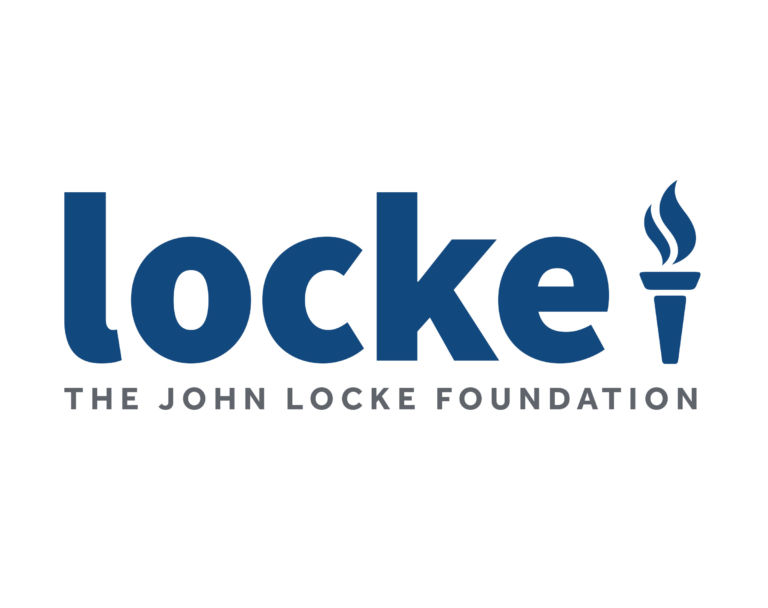This week, the John Locke Foundation’s Jordan Roberts and Carolina Journal’s Julie Havlak were quoted in a recent opinion piece in Forbes, written by Patrick Gleason . While the piece discusses claims made in a congressional political race in North Carolina, Gleason also looked at the N.C. General Assembly’s passage of a bill that became the subject of a candidate’s claims. That’s where the John Locke Foundation comes in. The bill will allow small businesses to access more affordable health insurance. The bill has not yet been signed by the governor nor implemented. The article establishes the current landscape for small business health insurance by quoting JLF’s Jordan Roberts:
Under current law in North Carolina, “those looking to purchase insurance on the individual and small-group market are subject to more onerous regulations than those in the large-group market,” writes Jordan Roberts, a health care policy analyst at the John Locke Foundation, a Raleigh-based think tank. “By changing our state insurance regulations, we can give small businesses and sole proprietors access to plans that are often more affordable than those sold on the insurance exchanges.”
Gleason then quotes Josh Archambault, a senior fellow with the Foundation for Government Accountability and the Pioneer Institute, in explaining the bill’s contents:
- [The bill] Allows the formation of associations purely for purchasing insurance;
- Allows non-homogeneous groups of employers to form AHPs within a state or metropolitan area;
- Enables homogeneous groups of employers to form AHP’s regardless of the member employers’ location;
- Provides for working owners of small businesses and their dependents to participate as an employer group in an AHP even if they do not have additional employees beyond themselves or their spouse.
Gleason demonstrates how these changes could significantly reduce premiums by quoting reporting by CJ’s Julie Havlak:
“Groups that switched to AHPs from the individual market could save $8,700 to $10,800 a year; those coming from the small group market could pocket up to $4,100 in savings a year,” writes the John Locke Foundation’s Julie Havlak, highlighting the findings of a report from the health-care consulting firm Avalere.
The future of the bill looks promising. According to Gleason:
It passed not only with bipartisan majorities in the North Carolina General Assembly, but with veto-proof bipartisan majorities. It remains unclear what Governor Cooper will do, but that good news for SB 86 proponents is that the reform can still become law if Cooper does decide to veto the bill.
Read the full Forbes column here. Read Jordan Roberts piece in the Fayetteville Observer, and read Havlak’s full article in Carolina Journal here.


